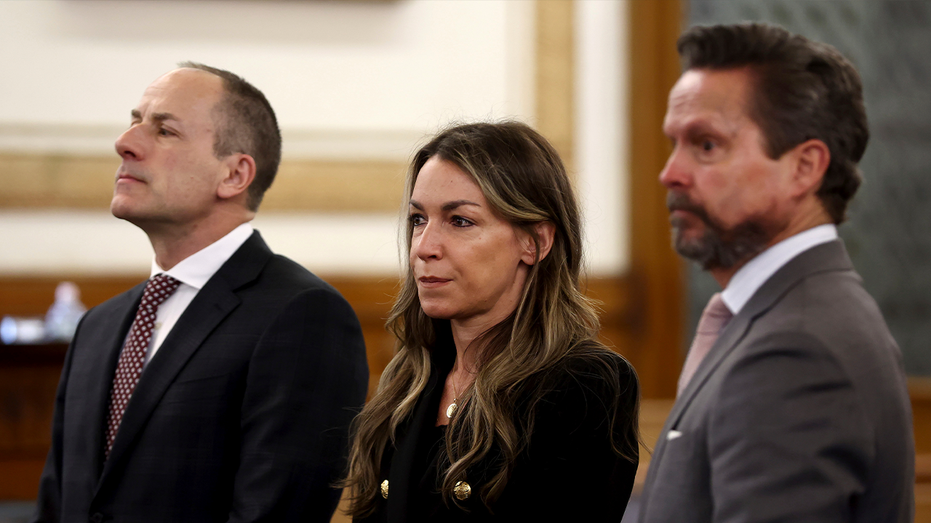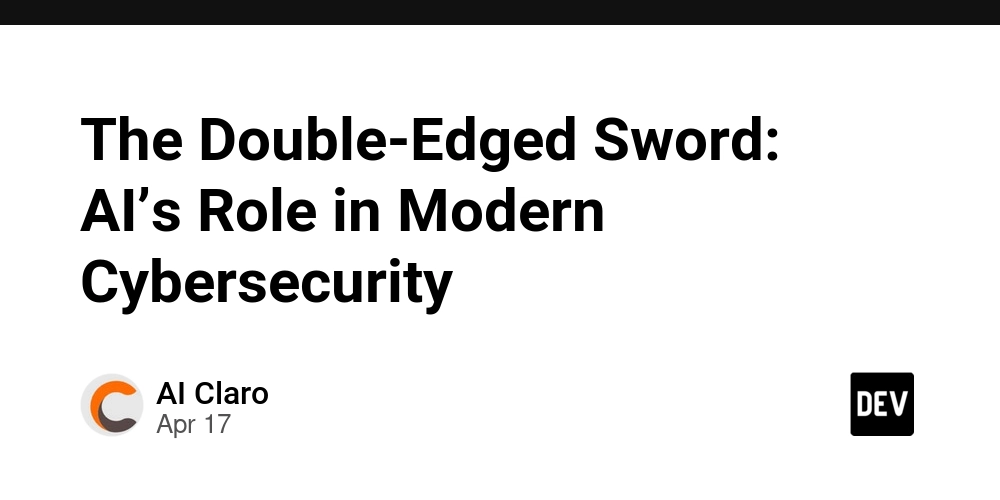How a Homeland Attack Could Threaten Civil Liberties Under Trump
The president is weakening America's defenses at home while amassing power in the White House.


Over the past eleven weeks, the Trump administration’s aggressive use of presidential power has been on full display—firing career officials, weakening oversight, and asserting sweeping executive authority. While these actions have already raised serious alarm, it is worth imagining what might trigger a justification for even more radical action. [time-brightcove not-tgx=”true”]
One possibility looms large: a major homeland attack. In moments of national trauma, democratic norms can erode quickly. Worryingly, the current administration appears not only unprepared for such a crisis—it is taking a number of steps that make us more vulnerable to one. It has dismissed the leadership of the National Security Agency and Cyber Command, fired top cybersecurity professionals at the Department of Homeland Security, and purged the National Security Council. It has also taken steps that, intentionally or not, degrade our capacity to respond to catastrophic threats—cutting key public health programs, undermining nuclear oversight, and deprioritizing intelligence tools built to protect the homeland.
There is no evidence the administration is weakening our defenses as a prelude to a power grab. But before something terrible happens, it is important to ask why the administration is making these moves, to consider how a strike on the homeland might facilitate its other objectives, and to take steps to prevent the worst from coming to pass.
After 9/11, many reforms were enacted to prevent the recurrence of a major attack on the U.S. homeland. We consolidated homeland defenses in one agency, the Department of Homeland Security, beefed up protections against terrorists using weapons of mass destruction against us at home, and gave the FBI new domestic intelligence powers.
But we live in a different world now. In 2024, the Commission on the National Defense Strategy, which I chaired, warned that the United States is facing the most serious and challenging security threats since World War II. We also warned that Americans are dangerously unaware of how those threats, such as cyberattacks, could disrupt their daily lives. Our recommendations emphasized the need for comprehensive strategies—military, diplomatic, economic, and civic—to defend not just our interests abroad, but our people and critical infrastructure at home.
In stark contrast, “Project 2025,” a 900-page policy blueprint released last year that the the Trump administration has closely followed, largely ignores the concept of homeland security. Project 2025 views homeland defense as a border and immigration issue rather than a comprehensive national priority. It makes no serious attempt to articulate a strategy for defending the United States against terrorism, cyberattacks, or other domestic threats. Worse, it proposes dismantling the Department of Homeland Security entirely, redistributing its key components and privatizing others.
So far, the administration has not gone that far. But its firing of key officials across the intelligence and security apparatus has made the United States more vulnerable by hollowing out the very leadership responsible for threat detection and rapid response. In addition to purging cybersecurity and national security professionals, including those responsible for combatting foreign election interference, the administration has significantly curtailed public health readiness. In March 2025, the Department of Health and Human Services revoked $11.4 billion in pandemic preparedness and community health grants, forcing some state and local agencies to lay off key personnel. The administration also initiated a reduction in force at the National Nuclear Security Administration, resulting in the dismissal of hundreds of employees tasked with maintaining the safety of America’s nuclear arsenal. Meanwhile, FBI Director Kash Patel is refocusing the FBI on traditional law enforcement and moving it away from its domestic intelligence mission, which could weaken its ability to detect homegrown terrorism or foreign interference. The result is that the U.S. risks becoming increasingly vulnerable to multiple, high-impact attacks capable of producing mass casualties in cities and across the country.
As bad as an attack on the homeland might be, what comes afterwards could be even worse. A major homeland attack could provide the justification needed to waive the Posse Comitatus Act, which has long prevented the use of the U.S. military in domestic law enforcement. In a future crisis, the administration could argue that military intervention is necessary to quell unrest, suppress activities it deems threatening, or round up people in the name of national security. This administration has already invoked the Alien and Sedition Acts to expel alleged members of a Venezuelan gang without providing due process—an ominous sign of how far it might go in the aftermath of a major crisis.
An attack could also accelerate an aggressive expansion of so-called “unitary executive” theory. The administration is following Project 2025 in reasserting presidential control over the entire federal bureaucracy and subordinating independent agencies. This aggressive approach embraces and expands upon Vice President Dick Cheney’s post-9/11 power-grab that led to the creation of “dark” sites for detention and torture without consulting Congress. At the time as Ranking Member of the House Intelligence Committee, the Bush 43 administration refused my request for details about the program. This administration might use a domestic crisis as even more justification to bypass legislative and judicial oversight.
History teaches that national security crises are often exploited by leaders seeking to expand their power and entrench themselves politically. A domestic attack can enable a sitting president to assume the mantle of a “wartime leader” with significant political advantages. Fortunately, the American democratic system is grounded in checks and balances designed to prevent any one branch of government from amassing unchecked power. To their credit, Federal courts have pushed back on some actions. But by and large Congress has been ominously silent. The administration’s failure to meaningfully address homeland security is a red flag that demands scrutiny and pushback from Congress and the American people. The post-9/11 reforms we enacted are threatened, leaving the country both vulnerable to attack and to a crisis that could be exploited to consolidate power. The warning signs are clear. Will Congress step up?
Jane Harman is a former nine-term congresswoman from California and former ranking member of the House Intelligence Committee. She most recently served as chair of the Commission on the National Defense Strategy and is the author of “Insanity Defense: Why Our Failure to Confront Hard National Security Problems Makes Us Less Safe.”


































































